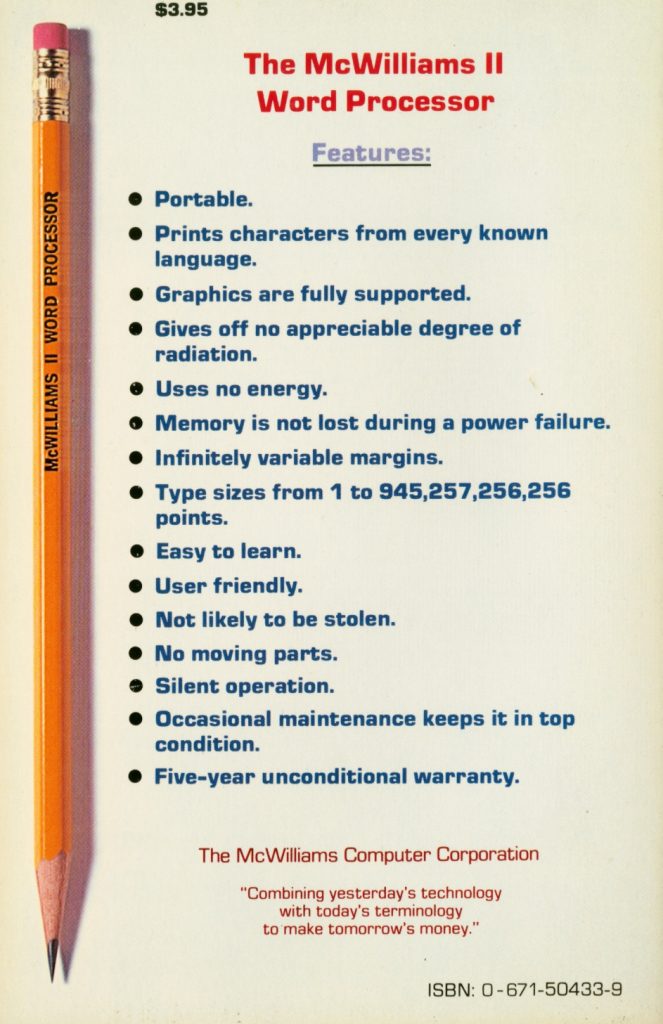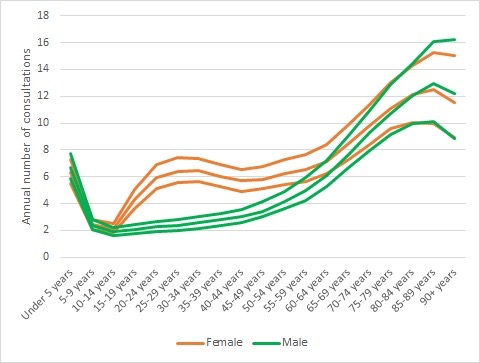More than one actually.
From today’s New York Times.
I procured me a Triangular glass-Prisme, to try therewith the celebrated Phenomena of Colours. And in order thereto having darkened my chamber and made a small hole in my window-shuts, to let in a convenient quantity of the Suns light…but I surprised to see them in an oblong form; which, according to the received laws of Refraction, I expected should have been circular.
Well, Isaac Newton obviously had better functioning shutters than my bedroom blackout blinds. Most summer mornings (which at this latitude last much of the night…) I receive — without choice — lessons in physics 101. Here are some iPhone shots from this morning. The quote says a lot about science: note the terms, convenient quantity, surprised and expected.
The information society
This is a little old, but I snapped it as I was passing through a hospital. It speaks volumes about the state of learning and engagement in the NHS.
Econ101
Seen in George Square. I get the Econ101 bit, the 1984 reference, but… And no, I can’t manage crosswords either — although I shared a flat with somebody who, as a student, refused to leave his bed until he had completed the Telegraph crossword. There were studies, and then those other studies.
Let us change your skin
Just thinking of the New Year resolutions. Let us change your skin…and empty your wallets.
Old university towns
I always find there is something appealing about old university towns. I am in Uppsala, a city I have visited for work on many occasions. Seems so small, and yet in reality it is Sweden’s fourth largest city. I was speaking at a mini-symposium on academic publishing, and how tech fits into the world of teaching clinical medicine. But there is always some time to enjoy the sights— even as the days draw in.
Edtech redux
Blackboards, school buses, Nissen huts, and the pencil (via John Naughton, with original link here). Sadly, you have to invest time and effort in learning how to use it — so little to recommend to the multitaskers
Students are not fish
This is such a brilliant graphic from an article by Doc Searls posted on Medium and here. A sort of universal metaphor (recursion intended) for universities, education and much else. Data rich, attention limited.
Causes of death
Nice graphic over at flowingdata.com. Lots of other great graphics, too.
One terrifying graph.
This is via Andy Fugard on twitter, and is based on official data for consultation rates in GP. Just look at the raw number of consultations per person. In the area of medicine I know something about, with the increased ‘dumping’ of patients from secondary care to primary care, these numbers should be — and need to be— a lot higher. This is a system that is unworkable, and broken; and where the NHS is content to rearrange the deckchairs as the ship sinks. Tweaks around the edges will make no difference. Nor should anybody be surprised: these demographic changes were taught to me by John Grimley Evans in my first term at med school almost 40 years ago. Do not ask why students are getting coy about careers in general practice. Nobody in Westminster or Edinburgh has any idea what to do. (median, 25th and 75th percentiles, by sex). Remember: there is nothing unexpected going on here.
Clouds against cancer
Well, after struggling with that bloody paperclip for years, I am not too optimistic. But do we really have to live in a world infested with such advertising?
Fail. Fail again. Fail better.
Seems to be my daughter’s motto too. Although Fintan O’Toole puts a deeper meaning on what Beckett meant.
Learning analytics
Pattern of access to my online material. The exams are held three times per year, but I think you can see that.
So which do you teach?
This is from an article in the NYT on Apple and learning. So which do you teach in your medical course?



























